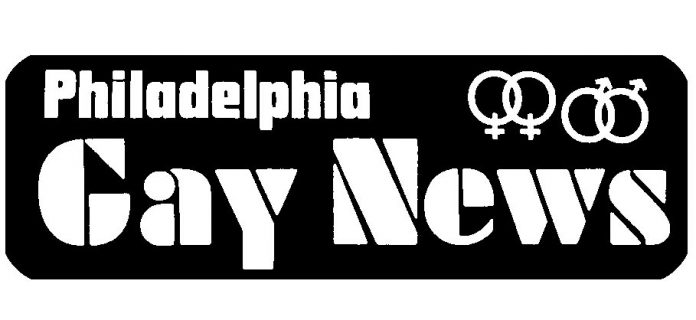Gay-rights bill supporter appointed to Rizzo administration
Adapted from reporting by PGN staff
Former Philadelphia City Councilman William F. Boyle, sponsor of the defeated gay-rights bill, was hired as a special legislative assistant in the administration of Mayor Frank Rizzo.
Boyle was tasked with working with Don Albert, city solicitor, serving as a liaison between the city solicitor’s office and City Council. His salary was not to exceed $20,000.
Albert said Boyle was “very knowledgeable” about the operations.
Boyle told PGN he did not know if he could influence Council to vote on a new gay-rights bill, which was expected to be introduced in early 1976. But he said he still supports gay rights “as a human rights measure.”
Asked if Rizzo had become more open to the issue of gay rights, Boyle said, “I think the mayor has never really been one way or the other on the issue. But he’s ‘streetwise.’ He knows what people’s problems are, and I think he honestly does support equal rights for all people.”
New state personnel rules bar discrimination
Adapted from reporting by Harry Langhorne
Pennsylvania announced it would no longer discriminate against its employees based on perceived or actual sexual orientation, according to the revised personnel rules and regulations distributed to state agencies at the beginning of 1976.
More than 100,000 state employees were affected by the new rules, which formally went into effect in September 1975. It was the first overhaul of regulations since they were adopted in 1962.
The new regulations set a precedent at the state level, although the U.S. Civil Service Commission issued new regulations in July 1975 that prohibited discrimination against gay people, and former New York City Mayor John Lindsay issued an executive order in 1972 barring discrimination against gay people in that city.
The Gay Rights Task Force, under the governor’s purview, made the recommendations that resulted in the new rules in Pennsylvania. The regulations also contained affirmative-action measures and training provisions, which would teach sensitivity about issues facing gay people.
The state was still able discriminate against people convicted of a criminal offense, such as sodomy, and discipline was permitted for “scandalous or disgraceful behavior on or off duty.”
— compiled by Paige Cooperstein
